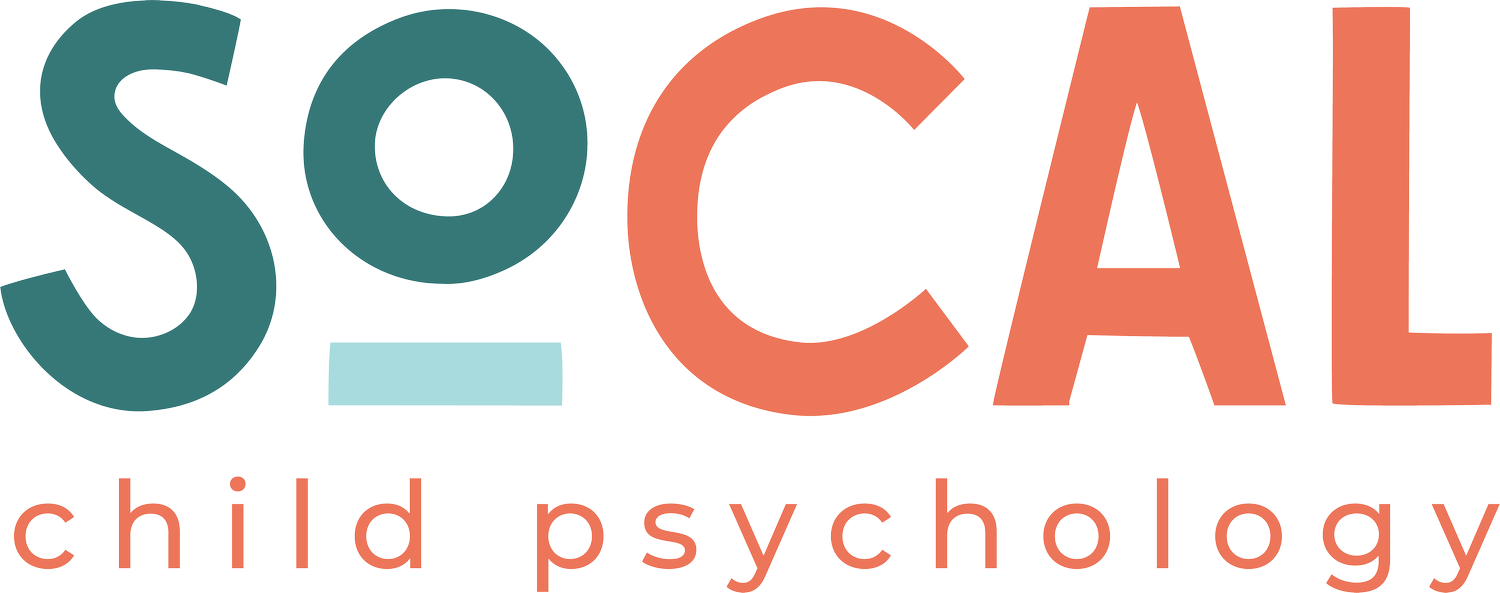What is Cognitive Behavioral Therapy?
Cognitive Behavioral Therapy (CBT) is one of the most effective types of therapy for teens dealing with anxiety, stress, or big emotions.
From depression and anxiety to PTSD, ADHD, and eating disorders, CBT helps individuals recognize and challenge negative thought patterns, shift their perspective, and create healthier behaviors that improve daily life.
If you’re looking for CBT for teens in San Diego or La Jolla, this type of therapy can help your teen manage anxiety, boost confidence, and feel more in control of their daily life.
CBT heavily focuses on the connection between thoughts, feelings, and behaviors.
When you’re able to understand that connection better, it becomes easier to foster healthy coping strategies.
There are plenty of reasons why CBT is such a widely used modality.
Let’s take a closer look at what cognitive behavioral therapy really is, how it works, and whether it’s right for your teen.
What Are the Key Aspects of Cognitive Behavioral Therapy?
One reason CBT is so helpful for teenagers is because it’s goal-oriented.
For starters, it uses a goal-oriented approach to help individuals determine what they want and how they’re going to get there.
When clear goals are set, it’s easy to measure progress throughout each session.
That sort of tangible “evidence” that things are moving forward can help your teen to stay motivated throughout their journey.
Another major aspect of CBT is staying focused on the present.
Rather than dwelling on negative past experiences, you’ll stay grounded in the here and now, addressing current problems and how they impact your life.
For teens, that means working on the challenges you’re facing right now — whether it’s test anxiety, feeling overwhelmed by schoolwork, or conflicts with friends and family.
CBT helps your teen identify any negative thoughts or patterns that could be causing issues.
If those thoughts are untrue or unhelpful in any way, your sessions will help you address and challenge them.
One of the most practical aspects of CBT is learning effective coping skills.
You’ll learn how to manage difficult emotions and behaviors and how to handle your feelings even when you’re in a challenging situation.
How Does CBT Work?
Early on in your CBT journey, your therapist will help your teen understand the connection between their thoughts, feelings, and behaviors.
You’ll quickly start to see that your negative thoughts often lead to negative behaviors.
That starting point will help you identify and challenge the negative patterns impacting your life.
Your therapist might use different approaches to help you challenge those thoughts, such as cognitive restructuring, exposure therapy, or behavioral activation designed to increase engagement in the things you enjoy.
On the surface, it might sound difficult to challenge and change negative thought patterns. But CBT is designed to help your teen learn coping skills to manage stress and anxiety.
From relaxation techniques and problem-solving skills to assertiveness training, your therapist will work with your teen to hone the skills necessary for growth.
The strategies you and your child’s therapist put into place will directly align with the goals you set and what you want to achieve as you change your behaviors.
Teen Counseling in San Diego and La Jolla
Almost anyone struggling with negative thought patterns can benefit from CBT.
If your teen is dealing with depression or anxiety, it can help you challenge negativity and develop ways to reduce avoidance behaviors.
At SoCal Child Psychology, we specialize in evidence-based treatment like Cognitive Behavioral Therapy (CBT) for anxiety, ADHD, and related challenges. Our child and teen therapists in La Jolla work with families across San Diego to build confidence, resilience, and emotional well-being.
Contact us today to learn more about CBT for teens and schedule a consultation in La Jolla or through telehealth across California.


